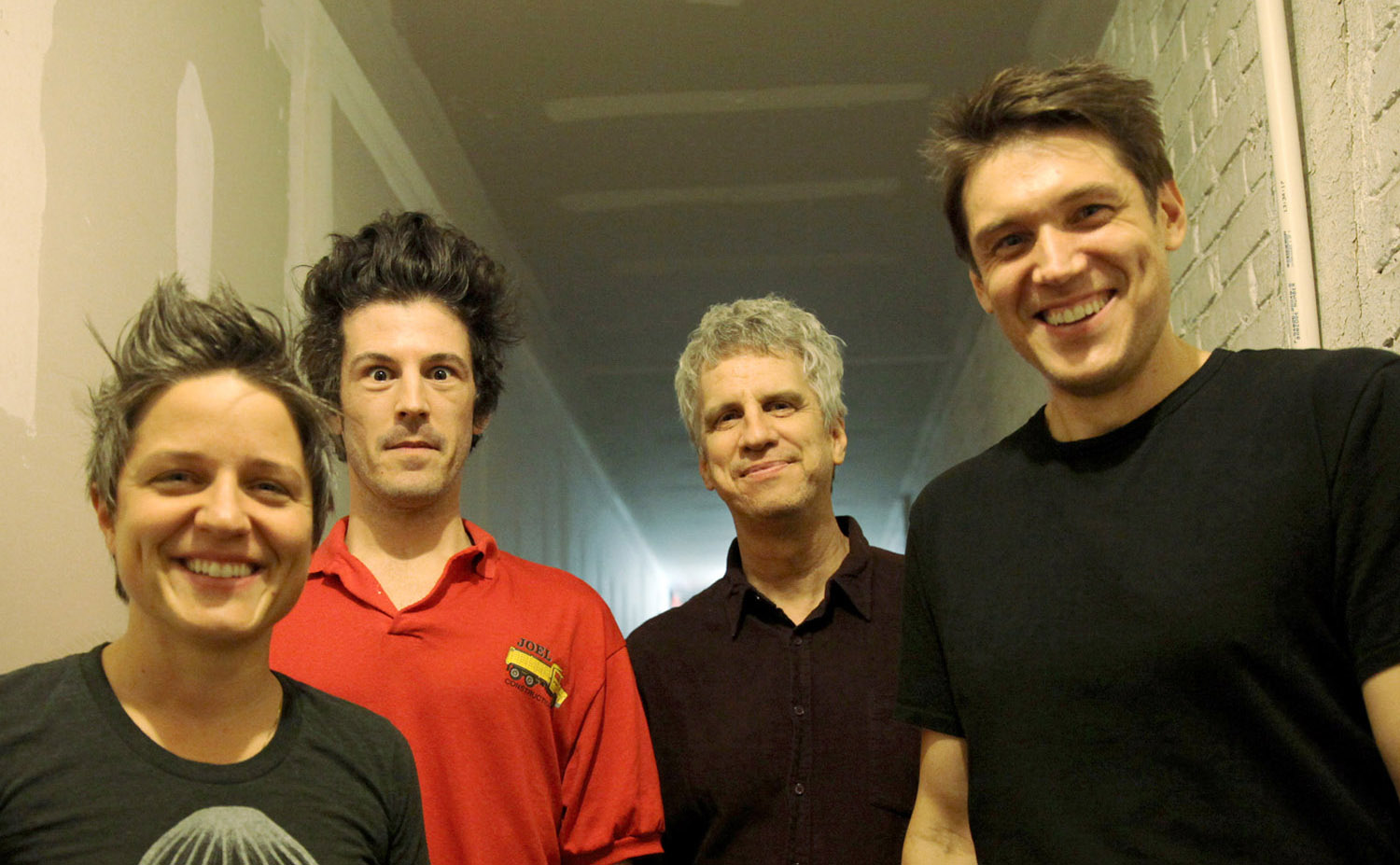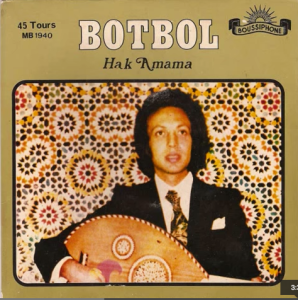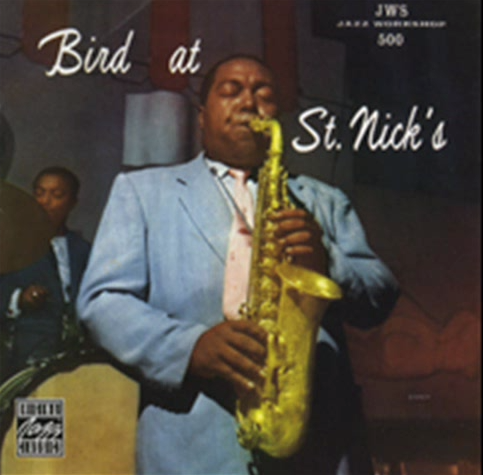Wildcard - Joe Goehle
This album is the first to ever make me get up and dance at my computer as I listened to it from front to back. As I continue listening, I admire the hypnotizing vocal harmonies that seem to float over infectious ostinatos and “poppy” guitar riffs. Listening further, notice the many layers that this band creates, through varying textures, dynamics, and timbres. The music just feels good. The whole album feels like a party or a live show -something incredibly difficult to do in a studio session. Despite overdubs of electronic sounds and effects, the music sounds raw and spontaneous. I find myself asking these questions: Can I create improvised music that feels this good? Can I improvise music that makes me want to dance like this? Where is the line between arrangement and improvisation and how to I blur it?
John Coltrane and Johnny Hartman
If I could play my bass like Johnny sings these songs, I would die a happy man. I’m currently transcribing his singing on this record purely for tone quality. Working on pulling a beautiful sound out of my instrument with the bow and fingers is something that I have never focused on in so much detail. It is a truly eye-opening experience. Check out the vocal slide at 4:34 on the track “My One and Only Love.” Like Butta’
Blood Sugar Sex Magik – The Red Hot Chili Peppers
I keep returning to this album all the time. I have been listening it since I was 13 years old and it is one that I continue to check out almost daily. To me, this is the peak of the RHCP and sets the standard for all genres that incorporate multiple musical styles. You can tell that they draw from a multitude of musical inspirations and create something that is unique, something that is their own. At first I was really digging the bass lines of the album, but the more that I listen the more I identify with the variety of formal structures that are fused with seemingly non-sensical musical ideas and lyrics. It seems so random, yet is planned in a way that brings order to the chaos. When I improvise, I think about this album frequently. I have tried to compose songs that capture the spirit of the band and I am still searching. There is a certain energy that I think is lacking in modern “improvised music” – whatever that term may mean. I think it may be more about letting go of the music and letting it breath.
There are an amazing amount of melodies on this album. The band interacts with one another and creates music that is always subservient to the entire group sound. Each line flows through one another, making logical sense with what was played before and anticipating what comes next. An ebb and flow is created through keen listening and awareness of where the music is headed. All of the compositions are beautiful and even a tune like Marc Johnson’s “Right Brain Patrol,” though technical in nature, has a feeling of simplicity and lyricism that I think is the key to all great music. Something that I have been working on lately is trying to hear the band’s sound as one sound while playing. It is extremely challenging. I feel a certain musical “schizophrenia” as I jump around listening to certain sounds and trying to fit my part in. I find that I can relax if I let my hands just “do” what they need to do. Again, the theme of letting the music breath returns in this recording. Listening to this album has helped me take a step back and listen to a model of what I would like to achieve in my own playing.
Joe Goehle is a NY based bassist and composer who is currently performing with a number of ensembles in both New York City and upstate New York. His music combines freely improvised music with traditional structures from many styles of music. He is an avid supporter of music education and strives to incorporate relevant musical experiences into the lives of his students.









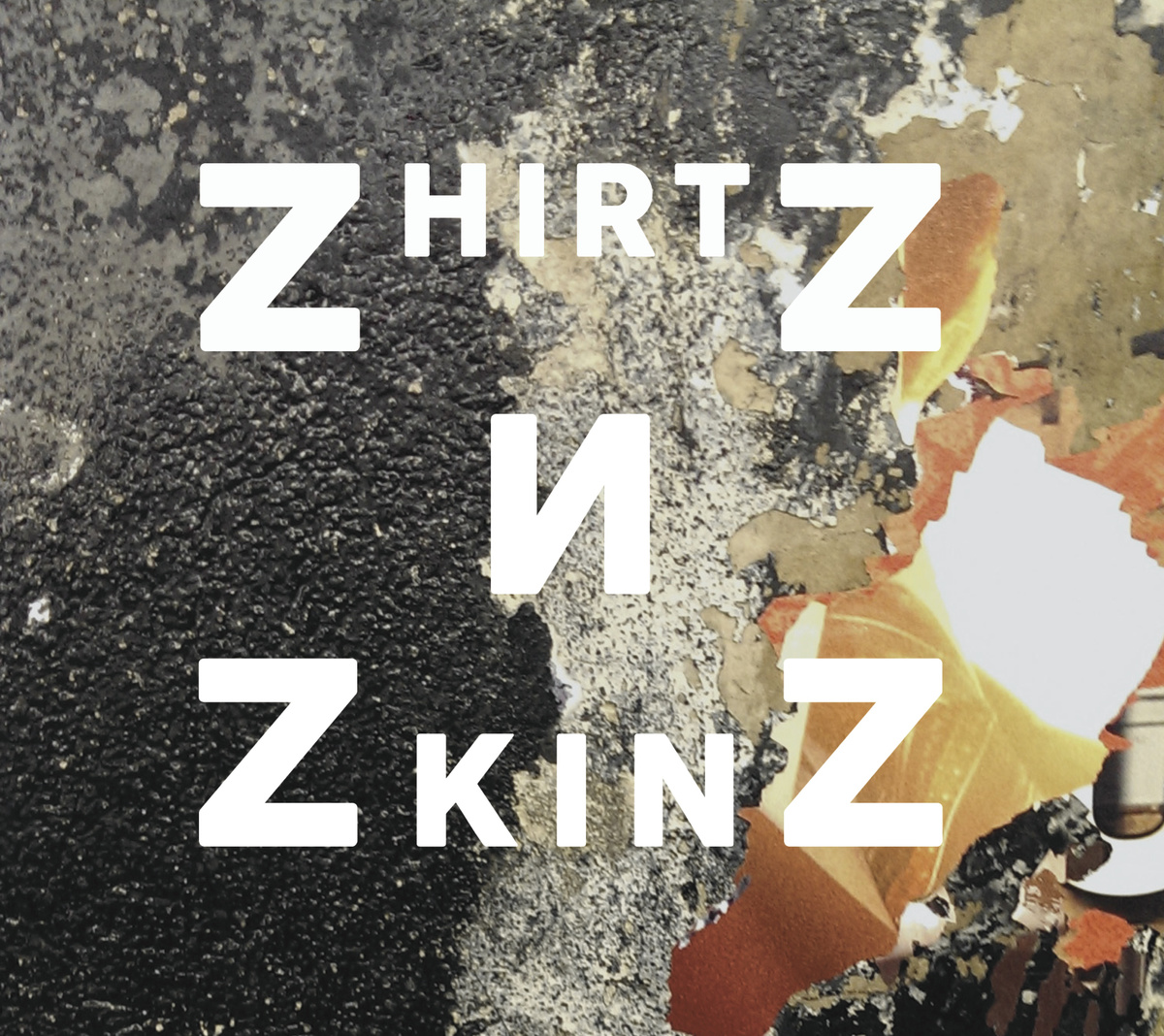 For the first time ever, I interviewed an entire band. At least, three fourths of a band. I sat down with Kenny Warren, Patrick Breiner, and Will McEvoy of
For the first time ever, I interviewed an entire band. At least, three fourths of a band. I sat down with Kenny Warren, Patrick Breiner, and Will McEvoy of 
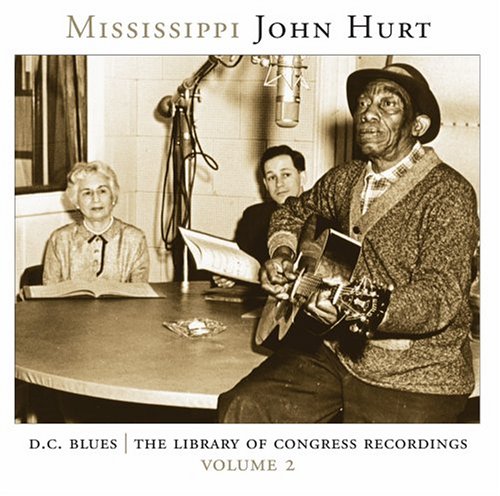
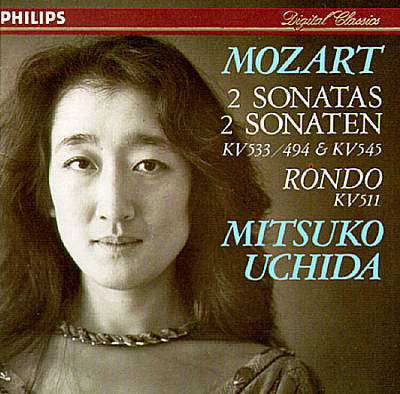














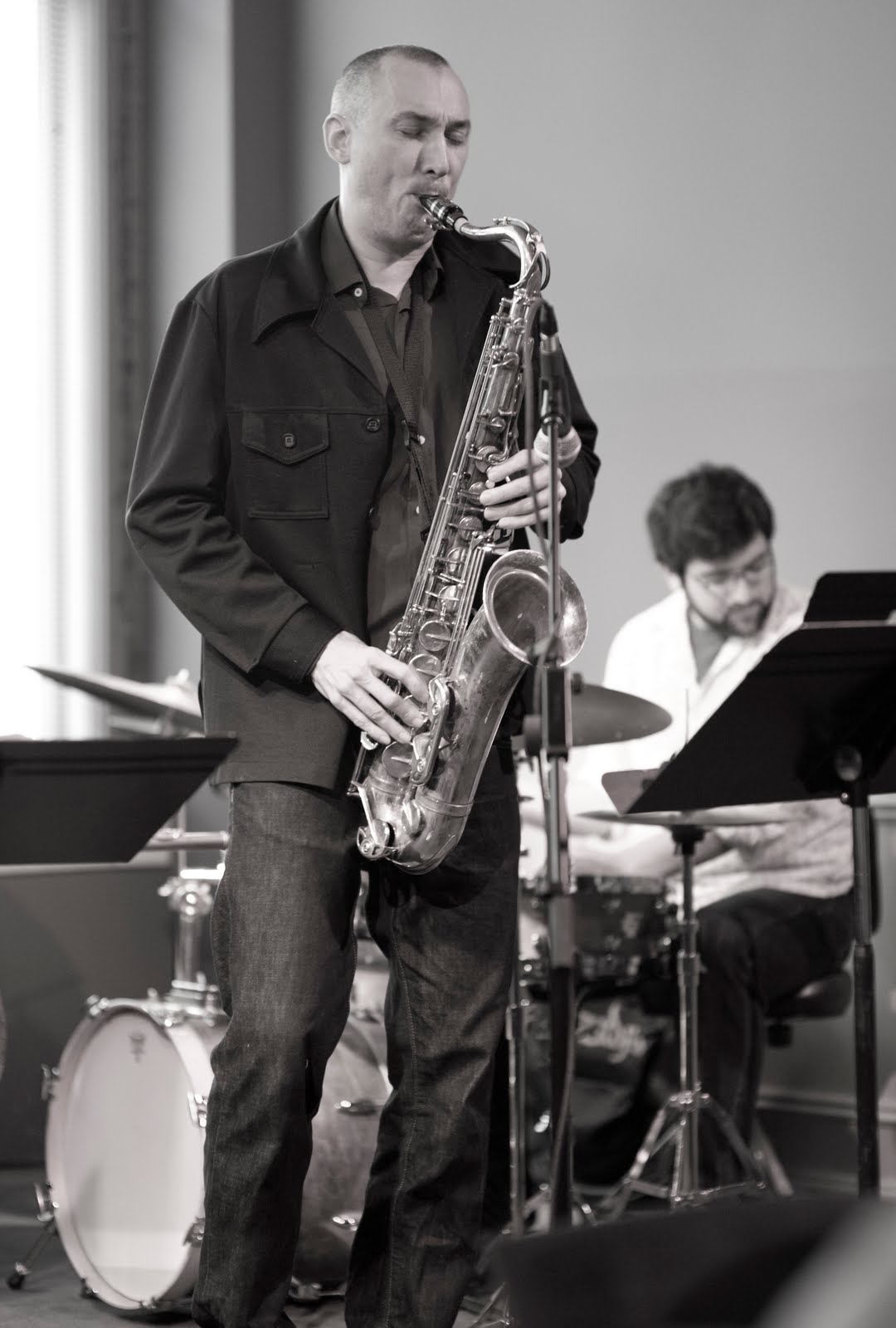 There is a good chance that Matt Otto is one of the best saxophonists that you have never heard. He grew up in California but has since lived in Japan, Indiana, Boston, New York, Los Angeles, and now Kansas City. We talk about his aunt being a rodie for Don Cherry, performing acid jazz in Japan, playing free jazz with Rashid Bakr, and what it feels like to own a house. Matt’s story is strange and incredibly interesting and his music is incredible. Please check this episode out!
There is a good chance that Matt Otto is one of the best saxophonists that you have never heard. He grew up in California but has since lived in Japan, Indiana, Boston, New York, Los Angeles, and now Kansas City. We talk about his aunt being a rodie for Don Cherry, performing acid jazz in Japan, playing free jazz with Rashid Bakr, and what it feels like to own a house. Matt’s story is strange and incredibly interesting and his music is incredible. Please check this episode out!





